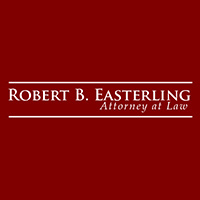Port Royal Reorganization Lawyer, Virginia
Not enough matches for Port Royal Reorganization lawyer.
Below are all Port Royal Bankruptcy & Debt lawyers.
Robert Bruce Easterling
✓ VERIFIEDBankruptcy & Debt, Bankruptcy, Estate, Trusts, Wills & Probate
Robert B. Easterling, Attorney at Law, in Fredericksburg, Virginia, offers legal services, specializing in bankruptcy, wills, trusts and estate planni... (more)
Darren C. Hickman
Business Successions, Business Organization, Collection, Contract
Status: In Good Standing
Justin Scott Mcleod
Collection, Family Law, Wills & Probate, Landlord-Tenant
Status: In Good Standing
Robert John Barlow
Adoption, Alimony & Spousal Support, Bankruptcy, Corporate
Status: In Good Standing


